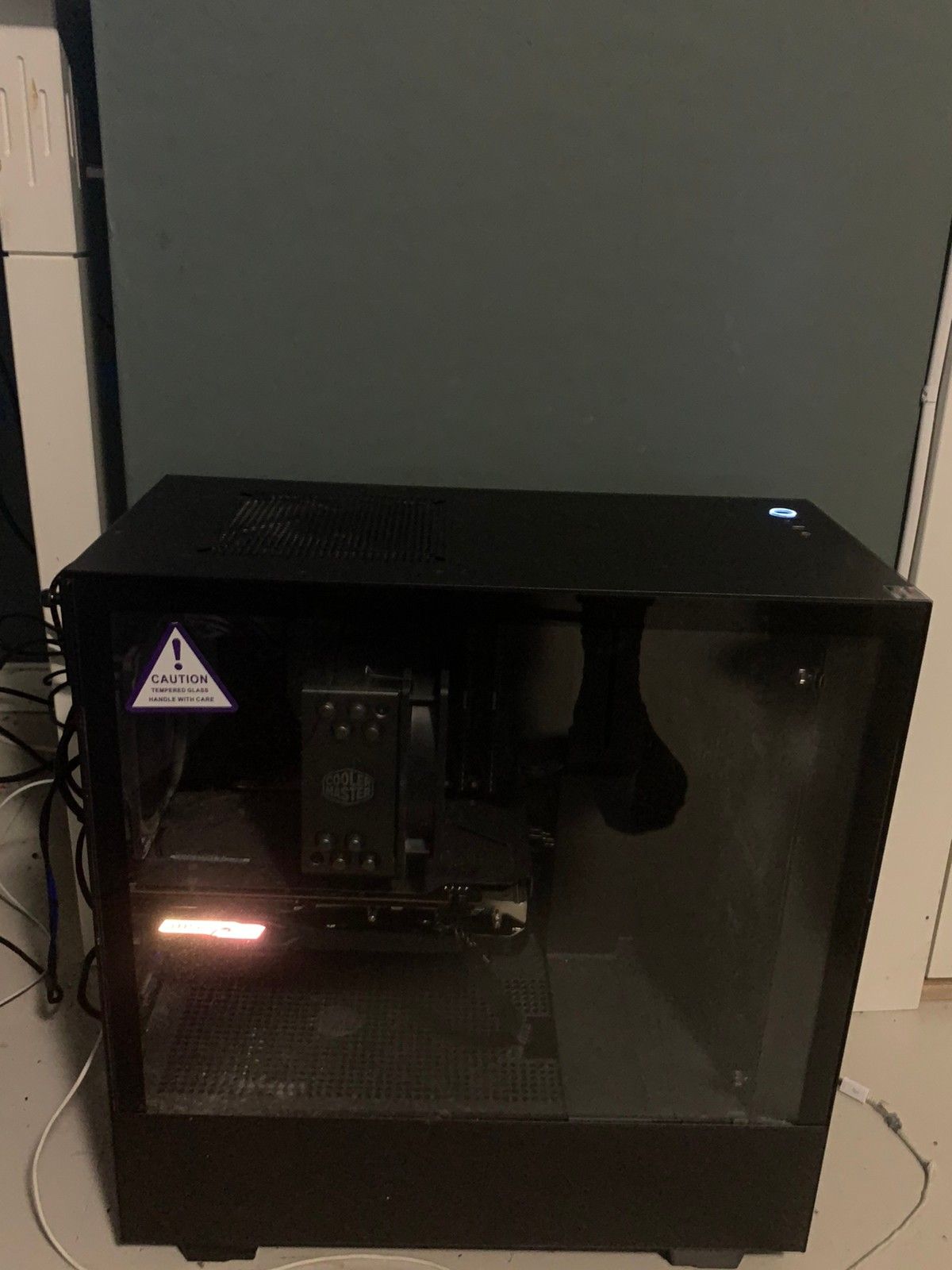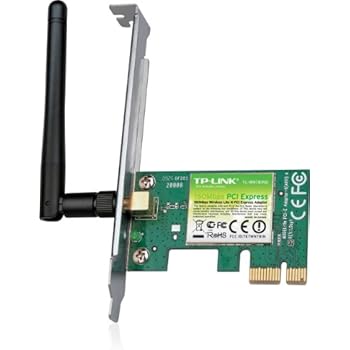

I know its not my ISP or my adapter itself - something is choking it in Ubuntu I only get about 1.3 Mbps on this adapter 20Mbs on the internal adapter I get over 50 Mbps in Windows. However the download speed is really slow:.=> Perhaps less power to the device in Linux which is affecting its range? The same device in the same physical location running under windows is flawless.ġ) AC56 vs internal adapter performs much slower when both at same physical location removed from direct line of sight of routerĢ) In the same physical location, the AC56 performs much worse under Linux than Windows Now - I found however, that if I am in direct line of sight of the router, the speed comes up to normal - so somehow it appears there is potentially less power to the device, which is affecting its range? The Bad news - compared to the internal adapter the measured download speed (using a browser speedtest) is only about 7Mbps vs 40Mbps (7 at best and EXTREMELY sensitive to position) The Good news - again that install completes and sees the USB adapter and allows it to connect to my router Installed the driver I indicated in the original post from the rtl8812AU_8821AU_linux-master package (this is a revision 4.2.2 driver): Unlike the original requester the instruction provided by chili555 (sorta) works* for me, even on USB2.0 port How do I install an ASUS USB-AC56 WiFi adapter? Other than that, this is a device to consider.This was predominantly answered in this thread For those wanting to use this on a desktop PC, you may find issues with the width of this device blocking adjacent USB ports, and if that is an issue, you will want to use the included extension.

I installed just the driver and let Windows manage the connections and had no issues in use.


That's rather impressive.Īs far as software is concerned, the driver package is minimal for this solution at least for Windows 10. I was able to reach 132 Mbps in testing while moving over to 5GHz, the AC68 was able to reach 434 Mbps, second only to its PCIe counterpart. Performance for 2.4GHz is on par with current market standards. Build quality is quite good, but I would caution that the antennas are connected by very thin plastic, so it's very important to be careful when manipulating them. Going off that gaming look, ASUS has styled this solution right alongside its high-end gaming routers. The ASUS USB-AC68 certainly is one of the best looking adapters on the market. Over on 5GHz, we managed to pull in 434 Mbps with the USB-AC68, second only to the PCE-AC68.


 0 kommentar(er)
0 kommentar(er)
